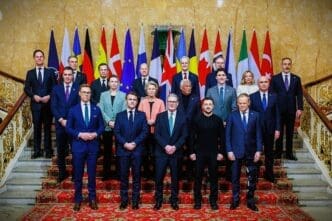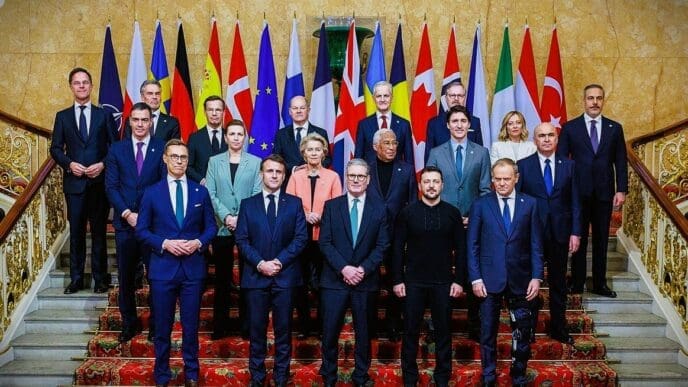Executive Summary
The Story So Far
Why This Matters
Who Thinks What?
Kilmar Ábrego García, a Salvadoran national, has been informed by US authorities of a potential deportation to Uganda less than 24 hours after his release from federal custody. This development follows his refusal to accept a plea deal in a pending human smuggling trial, which would have resulted in his deportation to Costa Rica, according to his legal team. Mr. Ábrego García, who was mistakenly deported to El Salvador by the Trump administration in March and subsequently returned to the US to face charges, is now in Maryland and scheduled to appear in a Baltimore court on Monday.
Plea Deal and Uganda Deportation Threat
Attorneys for Mr. Ábrego García stated that he declined an offer to plead guilty to human smuggling charges in exchange for deportation to Costa Rica. This deal was proposed on Thursday, as it became clear he would be released from a Tennessee jail on Friday.
The Costa Rican government had reportedly agreed to accept Mr. Ábrego García as a refugee and provide him with legal status, as indicated in a letter from a Costa Rican official included in legal filings. However, upon his release, his lawyers were informed of the government’s intention to deport him to Uganda, a country with which he reportedly has no known ties.
“There can be only one interpretation of these events,” his legal team wrote in a filing. They allege that the Department of Justice (DOJ), Department of Homeland Security (DHS), and Immigration and Customs Enforcement (ICE) are using their collective powers to coerce Mr. Ábrego García into choosing between a guilty plea for “relative safety” or “rendition to Uganda, where his safety and liberty would be under threat.”
Background of the Case
Mr. Ábrego García’s case has become a prominent example within the Trump administration’s broader crackdown on immigration. He was initially deported to his native El Salvador in March, where he was held in the notorious Cecot prison.
US government officials later acknowledged that his initial deportation was due to an “administrative error,” leading a judge to order the administration to facilitate his return. He was brought back to the United States in early June and subsequently charged in Tennessee with a human smuggling scheme, to which he has pleaded not guilty.
Officials have also alleged that Mr. Ábrego García has ties with the MS-13 criminal gang, a charge he has consistently denied. A federal judge in Tennessee ruled in late June that he was eligible for release, though he remained in jail at the time due to concerns from his legal team that he could face swift re-deportation if he left the facility.
Bilateral Deportation Agreements
The United States has established bilateral deportation agreements with countries including Honduras and Uganda as part of its efforts to enforce immigration laws, according to documents obtained by CBS, a US partner of the BBC. These agreements are a component of the government’s strategy to manage and reduce undocumented immigration.
Bagiire Vincent Waiswa, permanent secretary to the Ugandan foreign ministry, issued a statement regarding their agreement, noting it is a “temporary arrangement with conditions.” He specified that “individuals with criminal records and unaccompanied minors will not be accepted,” and that “Uganda also prefers that individuals from African countries shall be the ones transferred to Uganda.”
The ongoing legal battle highlights the complexities and contentious nature of immigration enforcement, with Mr. Ábrego García’s case drawing attention to the potential implications of US deportation policies and bilateral agreements.














